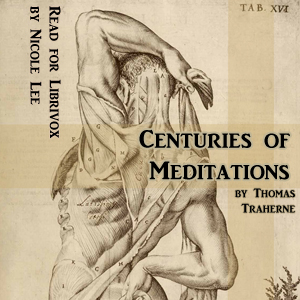Description
By: Anthony Trollope (1815-1882)
The Claverings by Anthony Trollope is a classic novel that delves into the complexities of relationships, society, and morality in 19th century England. The story follows the handsome and charming protagonist, Harry Clavering, as he navigates his way through various romantic entanglements and moral dilemmas. Trollope’s intricate storytelling and vivid characterizations make for a compelling read that keeps the reader engaged from start to finish.
One of the strengths of The Claverings is Trollope’s ability to create multifaceted characters that feel real and relatable. From the flawed but endearing Harry Clavering to the cunning and manipulative Julia Brabazon, each character adds depth and nuance to the story, making it feel more authentic and emotionally resonant.
The novel also explores themes of ambition, loyalty, and the consequences of one’s actions. Trollope deftly weaves these themes into the narrative, creating a thought-provoking and nuanced exploration of human nature and society.
Overall, The Claverings is a thoughtfully crafted novel that offers a compelling glimpse into the complexities of Victorian society and the human experience. Trollope’s masterful storytelling and rich characterizations make this a must-read for fans of classic literature.
Book Description:
“I consider the story as a whole to he good, though I am not aware that the public ever corroborated that verdict.” – the author
The Claverings is the best wrought of the novels designed for The Cornhill, and as surely conceived as any book he ever wrote.” – Sadleir.
“It is a novel of atmosphere, and the atmosphere is of that sort very dangerous for the English novelist, the atmosphere captured so supremely well by Thackeray the green-lighted, close-scented gambling rooms, the shabby adventures of half-deserted spas, the shelving beaches of foreign watering-places, concealed accents, stolen passports, impoverished counts and impertinent ladies’ maids…. Trollope’s most serious attempt to escape from his own personality.” – Walpole











